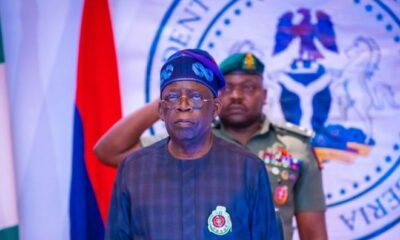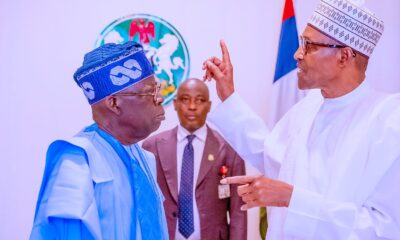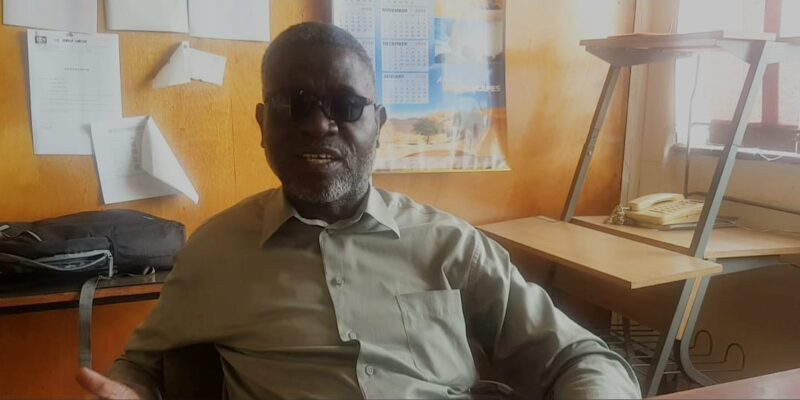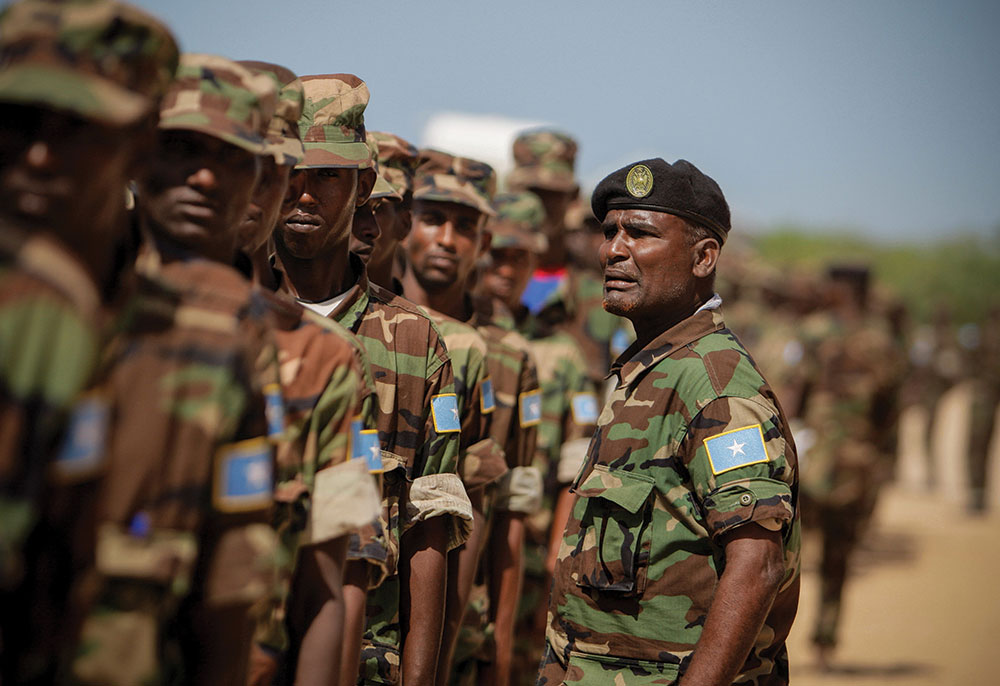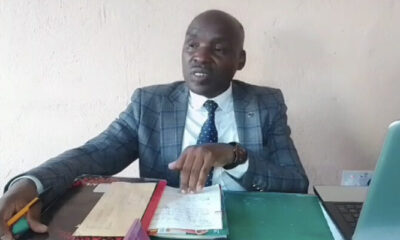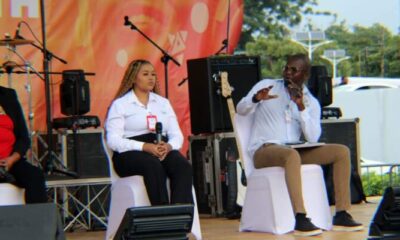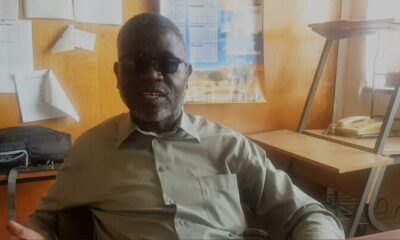After months of back and forth, Nigeria’s ruling party, the All Progressive Congress (APC) held its national convention in Abuja on Saturday with Abdullahi Adamu emerging National Chairman and other leaders are chosen in different capacities to lead the party, particularly as the 2023 general elections in Nigeria draw closer.
Interestingly, the party once again chose the instrument of compromise, negotiation, and consensus to arrive at the desired end in its internal politicking as almost all of its leadership positions were filled by candidates stepping downing and groups’ endorsement with no actual party delegate elections.
Early on Saturday, after a series of persuasions and negotiations by governors and other leaders of the party, six other aspirants for the office of the national chairman; George Akume, Tanko Al-makura, Abdul’Aziz Yari, Sani Musa, Saliu Mustapha, and Etsu Muhammed reportedly agreed to step down for Abdullahi Adamu, who is President Muhammadu Buhari’s choice for the job.
With the convention now concluded, a unity list has of a National Working Committee for Nigeria’s ruling party, the APC has emerged.
According to the list, a former governor of Nasarawa State, Senator Abdullahi Adamu would be the national chairman of the party while former deputy governor of Osun State, Iyiola Omisore would serve as its national secretary. The new NWC members include:
- Abdullahi Adamu – National Chairman
- Abubakar Kyari – Deputy National Chairman (North)
- Ema Enaukwu – Deputy National Chairman (South)
- Otunba Omisore – National Secretary
- Festus Fuanter – Deputy National Secretary
- Muhazu Rijau – National Vice Chairman (North Central)
- Mustapha Salihu – National Vice Chairman (North East)
- Salihu Lukman – National Vice Chairman (North West)
- Ijeoma Arodiogwu – National Vice Chairman (South East)
- Victor Giadom – National Vice Chairman (South South)
- Isaac Kekemeke – National Vice Chairman (South West)
- Ahmed El-Marzuk – National Legal Adviser
- Uguru Ofoke – National Treasurer
- Bashir Gumel – National Financial Secretary
- Suleiman Argungun – National Organising Secretary.
Also endorsed are; Ahmed El-Marzuk, National Legal Adviser; Beta Edu, National Woman Leader; Abdulahi Israel, National Youth Leader; Tolu Bankole, Special Persons Leader; Uguru Ofoke, National Treasurer; F.N Nwosu, National Welfare Secretary; Felix Morka, National Publicity Secretary; Abubakar Maikafi, National Auditor; Bashir Gumel, National Financial Secretary; Suleiman Argungun, National Organising Secretary; Ibrahim Salawu, Deputy National Legal Adviser and Omorede Osifo, Deputy National Treasurer.
The emergence of the new National Working Committee of the APC has brought up the conversation regarding the need for ideological-driven political parties and political players in Nigeria and Africa at large. With many recent court rulings regarding party defection or cross carpeting in Nigeria, the argument that politicians are the same and only divided by current personal interest appears true.
For instance, APC’s new party Chairman was a founding member of the opposition Peoples Democratic Party (PDP) and actually started politics as a member of the ‘conservative’ National Party of Nigeria (NPN), he is now to chair a supposed ‘Progressive’ party. Such can also be said of the party’s new National Secretary – Senator Iyiola Omisore who is another ex-PDP chieftain.
Anyway, with the uncertainty regarding APC’s leadership now out of the way, Nigerians would hope it’s a launch into better political leadership also.

 Culture1 day ago
Culture1 day ago
 Metro2 days ago
Metro2 days ago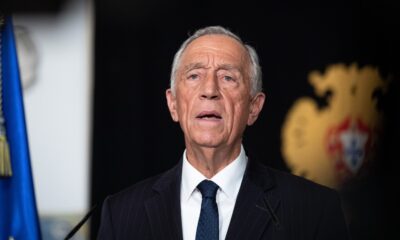
 Musings From Abroad13 hours ago
Musings From Abroad13 hours ago
 VenturesNow2 days ago
VenturesNow2 days ago



